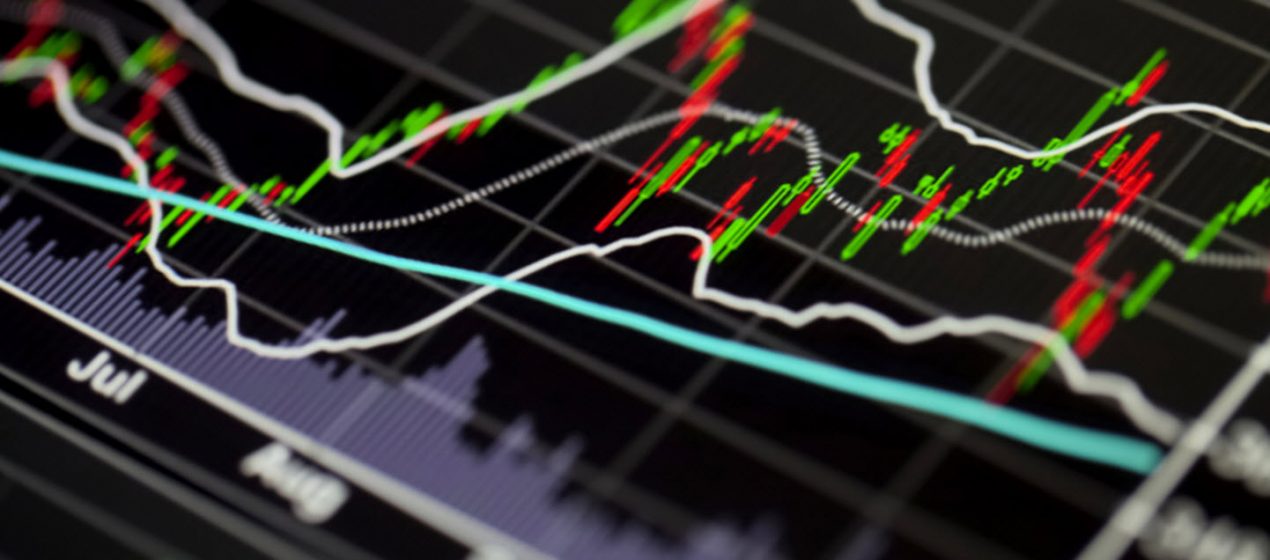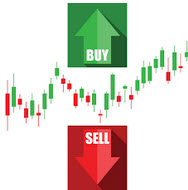This morning I started to think about what my number one overlooked tips to beginner investors would be. Something I wish that some one would have told me when I first got started. Something that can make it easier to make money on your first investments.
There is a lot of things I wish I had known when I first started investing but I think my number one overlooked tips to beginner investors would be this. Take your time and make sure that you chose the right stock broker for you. A stock broker that makes it cheap to trade with stocks.
 Most people do not understand how important it is to choose the right trading platform. This is particularly true when you are a beginner and trade for small amounts. Choosing the right broker makes it a lot easier to make money and to get excited about investing in stocks. Choosing the wrong broker makes it a lot harder to see quick results and make it a lot harder to stay motivated to invest money in the stock market every month. I think choosing the wrong broker is a contributing factor to that so many fail to stay motivated to save money each month and that the fail to build up a nice little nest egg for themselves.
Most people do not understand how important it is to choose the right trading platform. This is particularly true when you are a beginner and trade for small amounts. Choosing the right broker makes it a lot easier to make money and to get excited about investing in stocks. Choosing the wrong broker makes it a lot harder to see quick results and make it a lot harder to stay motivated to invest money in the stock market every month. I think choosing the wrong broker is a contributing factor to that so many fail to stay motivated to save money each month and that the fail to build up a nice little nest egg for themselves.
It might seem like all stock brokers offer roughly the same service and roughly the same prices. But this is not true and it is worth taking you time to choose the right one. Below I am going to tell you how to do just that.
What to look for in a good broker
If you ask 10 different traders about what makes a good broker you are going to get 10 different answers. The answers will however have a lot in common. Common mention qualities that you need to look for in a good broker would include:
- A good interface: The broker needs to have a well designed interface that makes is easy to navigate the website and to buy and sell stock.
- Mobile trading: The broker needs to have a good trading for mobile trading.
- A wide selection of stock: The broker should offer trading on a large number of different stock markets. The more the better. The broker must offer trading on the major US and European stock markets.
- Tools: Give the trader access to good tools that helps them analyze stocks and make better trades.
- Offer trade with other financial instruments: The broker should offer as many other financial instruments as possible. This might include options, warrants, swaps and bonds.
- Prices: A broker should be cheap to use.
- Good customer service: The broker should offer a good friendly customer service
- Offering credit: A good broker should allow you to use your stocks as security to borrow money.
- Easy to deposit and withdraw money: it is important that it is easy to add and withdraw money from your account.
I agree with most of these qualities. A good broker needs to be easy to use and make it easy to get help. I do however not agree that a good broker should be offering tools that help you make money or a lot of other financial instruments. Most traders do not need the tools. For the broker to offer them is to sponsor the small amount that need them at the cost of all other traders. I do not think that brokers should offer trading with other types of financial instruments because they are never as good at it as other specialized brokers are.
In my opinion you should focus on one single quality when you are looking for your first broker. The price. The price is the quality that will have the biggest impact on your earnings potential when you first start trading. Ideally you should chose a broker that allows you to trade for free.
Why price matters
Every cent you have to spend to trade can have a big effect on your bottom line when you are trading for small amount. This is because the fees you pay eats into your potential profit.
Most brokers have a trading fee that has a minimum cost per trade. If your trades are small enough that you have to pay the minimum fee than you will pay a relatively larger fee than those who trade for more money will pay.
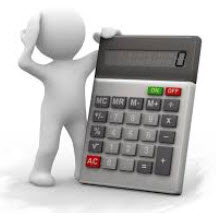 Lets look at an example. Broker A charges 0.3% trading fee, $9.99 minimum. You will have to pay more than 0.3% fee if you want to purchase stock for less then 3300. Lets pretend that you save $500 every month that you want to invest in stock. You usually divide this money between two stock. This means that each transaction will be worth $250 and you will have to pay the minimum fee of 9.99. That doesn’t sound too bad does it. Well it is. 9.99 means that you pay a 4% trading fee. You have lost 4% the second you purchased the stock. You are going to need to pay another 9.99 if you want to sell the stock. This means that the stock has to go up by 8% for you to break even. This is insane and make it a lot harder to earn money. The fees might eat up your profit for the entire first year.
Lets look at an example. Broker A charges 0.3% trading fee, $9.99 minimum. You will have to pay more than 0.3% fee if you want to purchase stock for less then 3300. Lets pretend that you save $500 every month that you want to invest in stock. You usually divide this money between two stock. This means that each transaction will be worth $250 and you will have to pay the minimum fee of 9.99. That doesn’t sound too bad does it. Well it is. 9.99 means that you pay a 4% trading fee. You have lost 4% the second you purchased the stock. You are going to need to pay another 9.99 if you want to sell the stock. This means that the stock has to go up by 8% for you to break even. This is insane and make it a lot harder to earn money. The fees might eat up your profit for the entire first year.
You are a lot better of choosing a broker that allow you to trade for free when you are trading for small amounts. If you can not find a free stock broker then you should chose on with as low a minimum fee as possible. You can find free brokers in most mature market.
By choosing a cheap, or preferable free. Stock broker you will be maximizing your chances of success when you first start trading with stocks. It is likely that you are going to want to switch to another broker when you get more experiences and start trading for larger sums of money. But a cheap broker is the best choice for you when you first get started.
You can easily move your stocks to another broker if you are unhappy with the first one. Most brokers will move your stock to be managed by them completely free of charge.
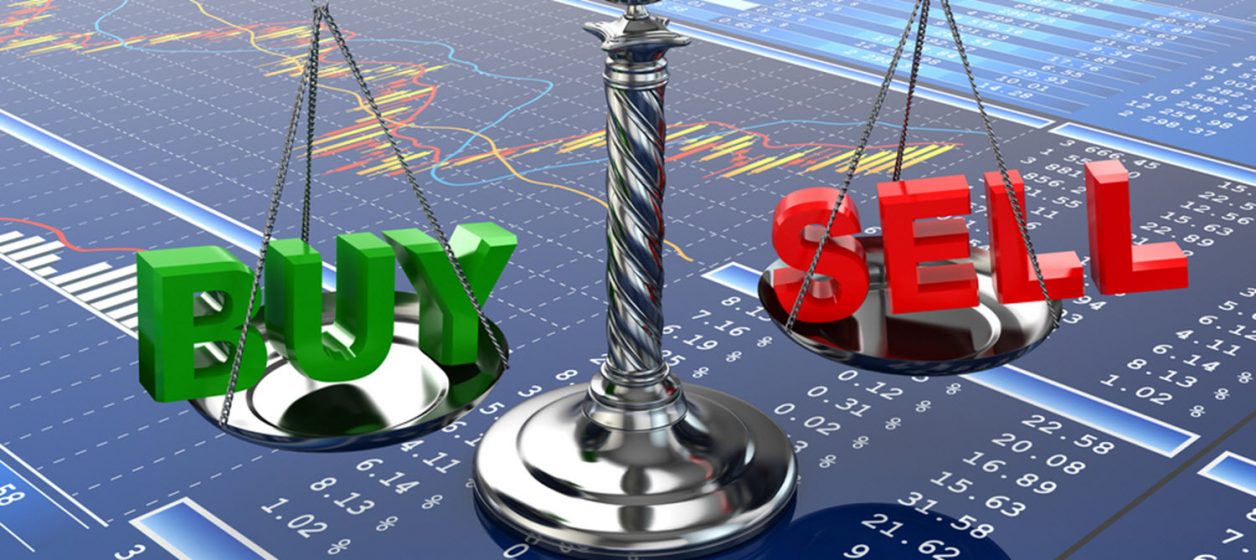

 The fact that Musk prefers to borrow the money rather than issue new stock can however also be seen as a signal of strength. Musk might feel certain that he will met production goals and that Tesla will be able to start earning a profit in the coming future. If this is the case than he might choose not dilute the stock because he know he isn’t going to need to.
The fact that Musk prefers to borrow the money rather than issue new stock can however also be seen as a signal of strength. Musk might feel certain that he will met production goals and that Tesla will be able to start earning a profit in the coming future. If this is the case than he might choose not dilute the stock because he know he isn’t going to need to. The large interest for the car is a large opportunity for the company. Musk have said that they can sell as many as they want to. But it also means a large challenge as the company needs to be able to ramp up production from the small production numbers they currently have to more than 10 000 cars a week. If they are able to do this then a lot of nay sayers would be converted and the stock might continue to rise. But Tesla would still be overvalued as they would still be producing and selling less car that other companies with similar valuations such as Ford and GM. This might however not matter as long as Tesla can show that they can continue to grow quickly.
The large interest for the car is a large opportunity for the company. Musk have said that they can sell as many as they want to. But it also means a large challenge as the company needs to be able to ramp up production from the small production numbers they currently have to more than 10 000 cars a week. If they are able to do this then a lot of nay sayers would be converted and the stock might continue to rise. But Tesla would still be overvalued as they would still be producing and selling less car that other companies with similar valuations such as Ford and GM. This might however not matter as long as Tesla can show that they can continue to grow quickly.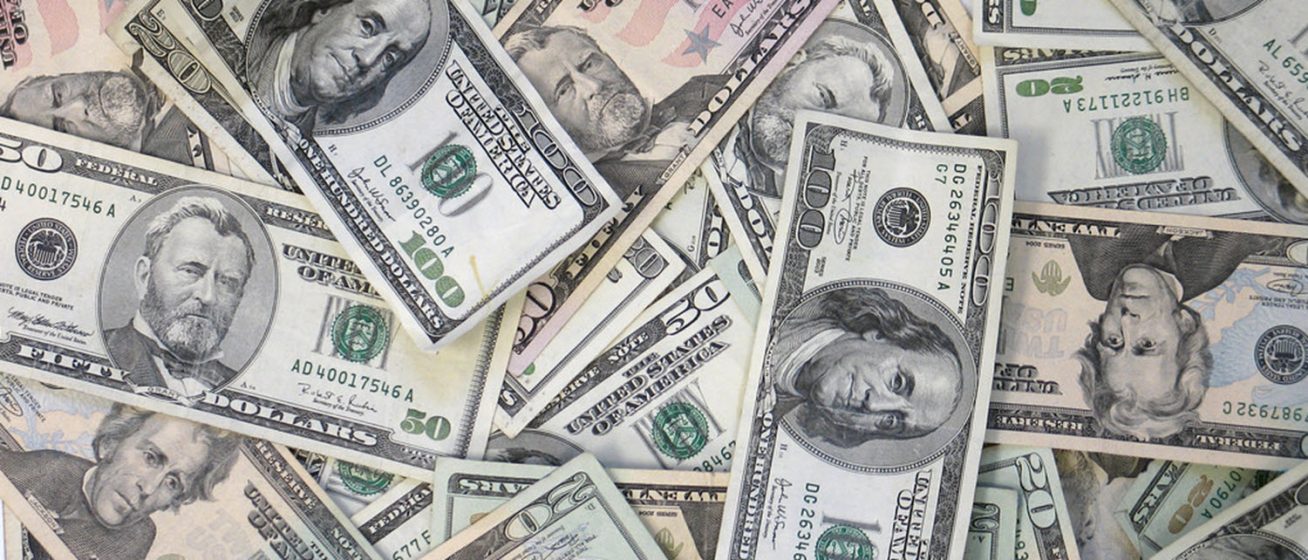
 When I and other investors say that we invest in dividend stock than we are usually referring to companies that have a history of giving the share holders large dividends. Companies that keeps increasing their dividends year after year. Theses stocks are sometimes referred to as dividend kings.
When I and other investors say that we invest in dividend stock than we are usually referring to companies that have a history of giving the share holders large dividends. Companies that keeps increasing their dividends year after year. Theses stocks are sometimes referred to as dividend kings.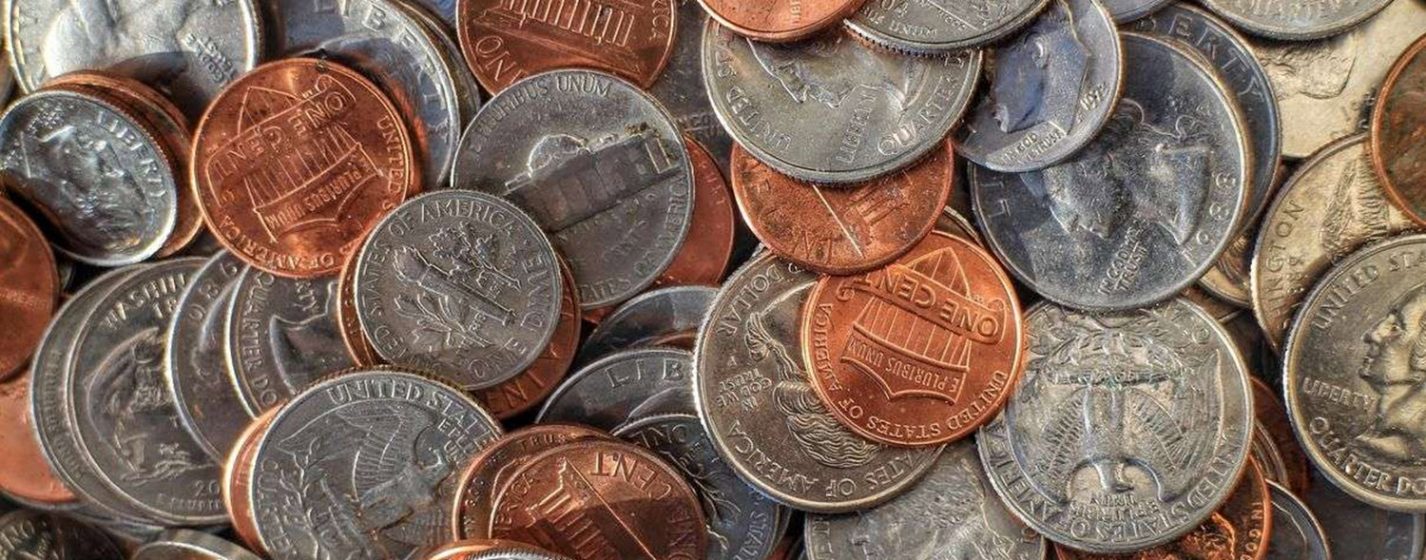
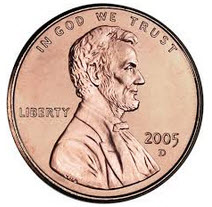

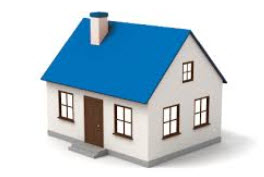 I currently pay $1200 a month for my 2 bedroom apartment in a central location. The apartment building have a community pool and a gym in the basement. It also offer laundry facilities. A similar house in my area would cost about $260 000. The interest rate on a 260 000 mortgage would be $650 a month, $7800 a year. $650 is lower then the $1200 I presently pay. But there are a lot of cost associated with owning a house.
I currently pay $1200 a month for my 2 bedroom apartment in a central location. The apartment building have a community pool and a gym in the basement. It also offer laundry facilities. A similar house in my area would cost about $260 000. The interest rate on a 260 000 mortgage would be $650 a month, $7800 a year. $650 is lower then the $1200 I presently pay. But there are a lot of cost associated with owning a house.
 This was a big mistake. The stock is now trading around $5 and I have lost almost half of my investment. I have considered buying more shares to lower my average purchase price to make it easier to earn my money back. The problem is that I am no longer sure that this company will go back up. After having done more research into the company (which I should have done before I bought the stock) I am starting to think that blue apron is a black whole you lose money into. A company that have their best times behind them and that will die a slow expensive death. This makes me think that it might be best to to take the loss and move on. Although the stock might make a few jumps before it dies and that would be enough for me to get out of it without losing any money.
This was a big mistake. The stock is now trading around $5 and I have lost almost half of my investment. I have considered buying more shares to lower my average purchase price to make it easier to earn my money back. The problem is that I am no longer sure that this company will go back up. After having done more research into the company (which I should have done before I bought the stock) I am starting to think that blue apron is a black whole you lose money into. A company that have their best times behind them and that will die a slow expensive death. This makes me think that it might be best to to take the loss and move on. Although the stock might make a few jumps before it dies and that would be enough for me to get out of it without losing any money.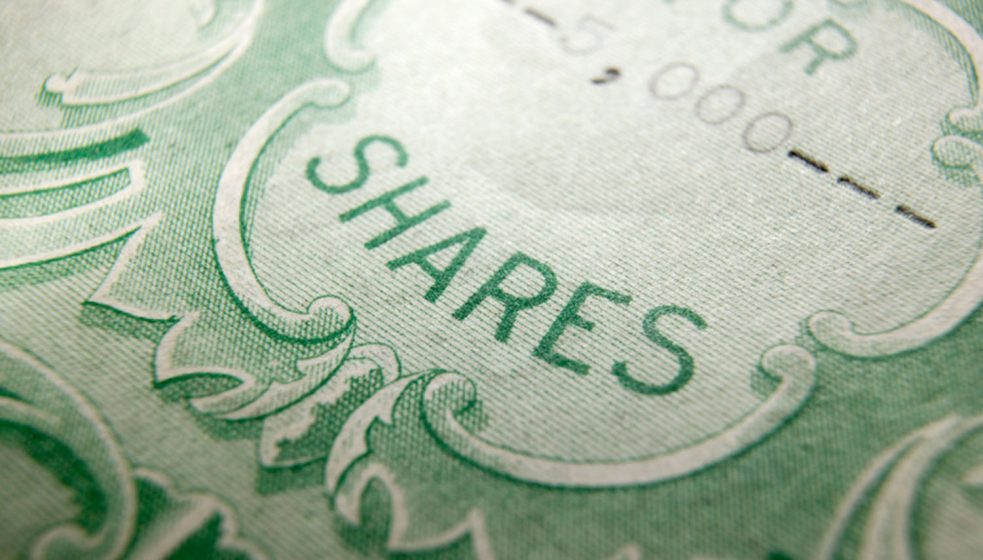


 There is no limit to how much money you can earn when you are trading with CFD certificates. The more the underlying financial instrument appreciates in value the more money you will earn. Lets assume that you have invested USD 1000 in a CFD with x250 leverage.
There is no limit to how much money you can earn when you are trading with CFD certificates. The more the underlying financial instrument appreciates in value the more money you will earn. Lets assume that you have invested USD 1000 in a CFD with x250 leverage.